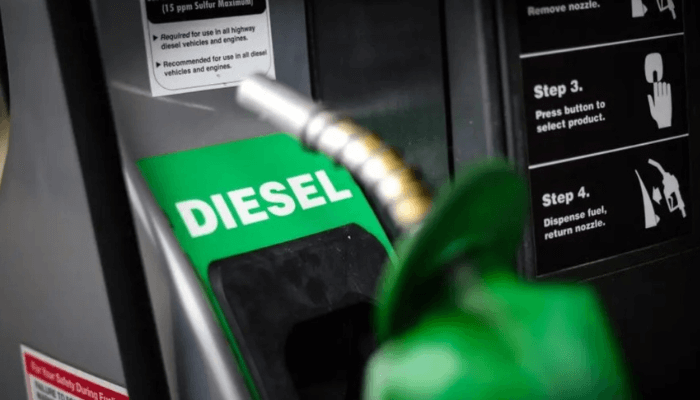Nigeria has significantly reduced the sulphur content in its imported diesel, according to the National Midstream Downstream Petroleum Regulatory Authority (NMDPRA), as reported by Argus.
This move comes amid ongoing debates about the quality of diesel in the local market. George Ene-Ita, NMDPRA spokesman, told Argus that enforcement and compliance by importers have led to a decrease in sulphur content from an average of 173.9 parts per million (ppm) in February to as low as 18.2ppm in June.
In March, NMDPRA began enforcing a 200ppm sulphur cap on gasoil imports, which was further reduced to 50ppm in June. However, the Dangote Group, which operates Nigeria’s new 650,000 b/d oil refinery, and the Depot and Petroleum Products Marketers Association of Nigeria (DAPPMAN) have recently issued conflicting statements regarding diesel quality in the country.
On June 21, Devakumar Edwin, Dangote’s vice president for oil and gas, accused the NMDPRA of “indiscriminately granting licences to marketers to import dirty refined products.”
Read also: CORAN hails Senate’s motion to investigate importation of substandard diesel into Nigeria
He also claimed that many tankers are waiting in Togolese waters with Russian ultra-high sulphur diesel, which is being dumped into the Nigerian market. Dangote began producing diesel in April and received a waiver from the NMDPRA to sell gasoil with higher sulphur content because its refinery’s desulphurisation units are not yet operational.
In response, DAPPMAN told Argus that its members only import fuel that meets NMDPRA specifications. The association criticised the regulator’s recent objections to gasoil cargoes from the ship-to-ship transfer hub offshore Lome, Togo, arguing against any attempts to create a monopoly in the sector.
DAPPMAN also reported that international trading firms offered them Dangote gasoil at lower rates than those directly from the refinery, with sulphur content exceeding 50ppm and possibly as high as 1,200ppm.
A test on 13 June revealed Dangote gasoil contained 1,030ppm of sulphur. Edwin stated that 10ppm sulphur diesel and gasoline production would begin in “July/August,” with the refinery’s run rate increasing to 500,000 b/d from the current 350,000 b/d.
Ene-Ita did not address these specific claims but refuted allegations that the NMDPRA does not support domestic refineries.
He emphasised that the petroleum industry law requires the regulator to balance the needs of domestic refineries with fostering competition. As such, the NMDPRA has supported refiners while continuing to issue import licences.
He also noted that Nigeria is a signatory to an ECOWAS declaration that defers the 50ppm sulphur cap for regional refineries until December 31, 2024, by which time Nigerian refiners will fully implement the cap.
